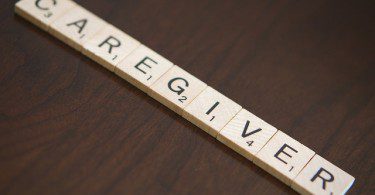As a family caregiver, you provide support for a variety of reasons, but the most important is that...
Living well
What it means to be a caregiver today: The data
If you’re a caregiver feeling strain, you’re not alone. Many caregivers feel your strain. In...
FDA requires companies to show amount of added sugars in...
For the first time since nutrition labels appeared on processed foods back in 1994, these labels...
John Oliver: When should you believe the science?
When should you believe the science? John Oliver makes a compelling case on Last Week Tonight that...
Seven questions for women to ask about meds
Each year, an estimated 4 million Americans rush to the doctor or the ER in response to an adverse...
Will skipping breakfast help you lose weight?
Many of us have a favorite diet. Some of us eat more plants and try to follow the Mediterranean...
Older adults should be checked for peripheral artery disease
Millions of Americans have peripheral artery disease; but, older adults and blacks are more at risk...
Which states have the best health outcomes and why?
In the U.S., we invest heavily in health care and not nearly enough on the support services and...
Is aging in place right for you?
With the population in the United States aging at a rapid clip, we are seeing more home...
Caring for mom, dad, older adults: Ten key pieces of information...
Whether you care about your mom, dad or other loved ones, you want to be sure that the older adults...










